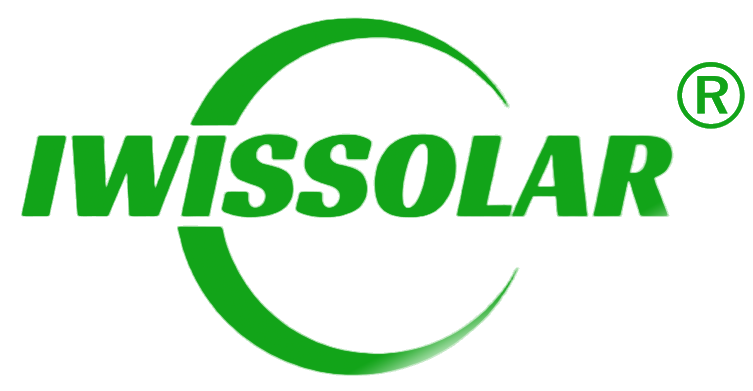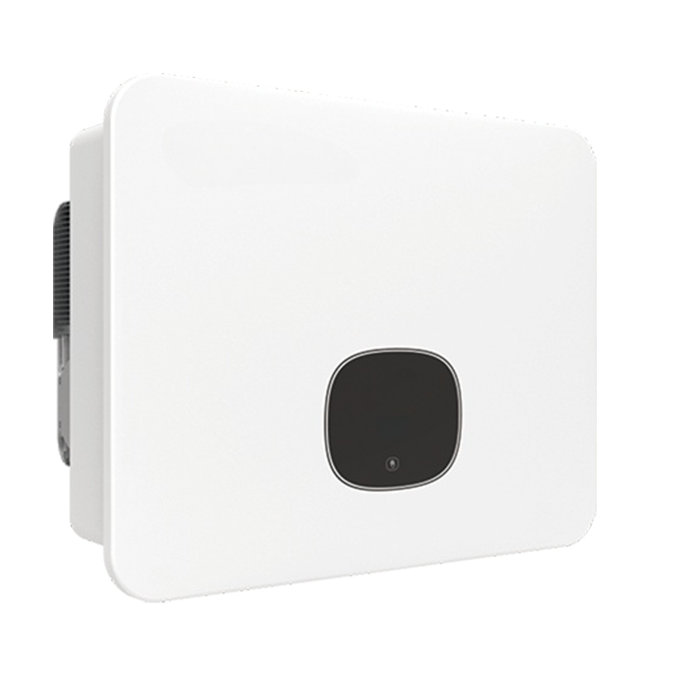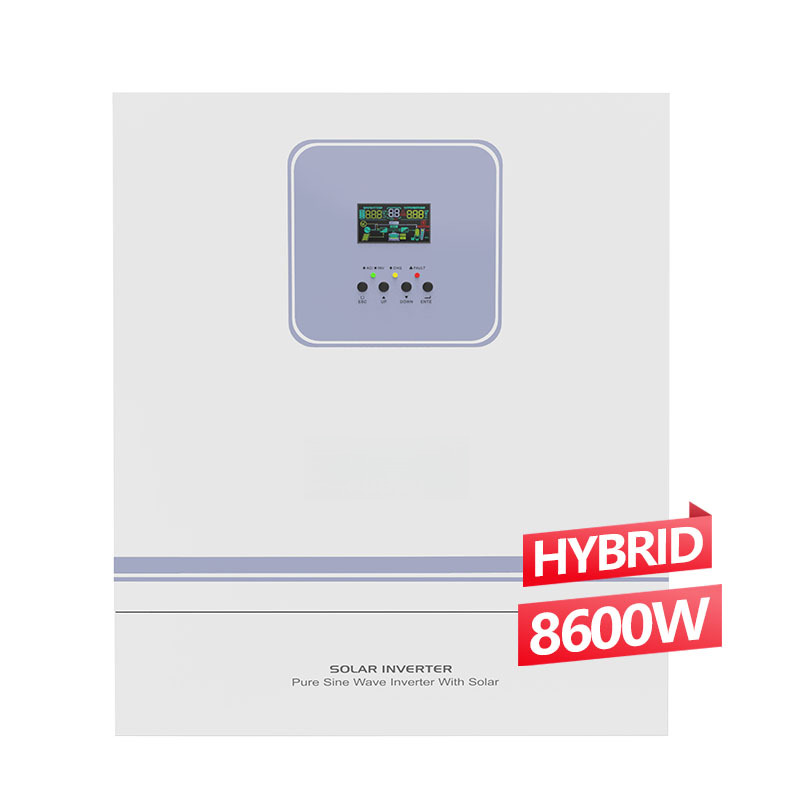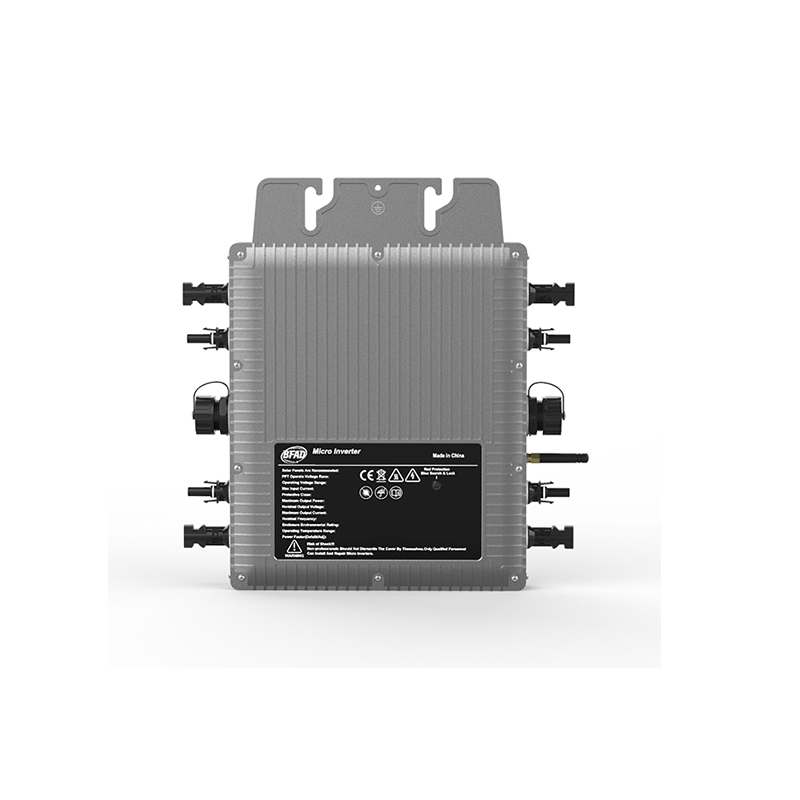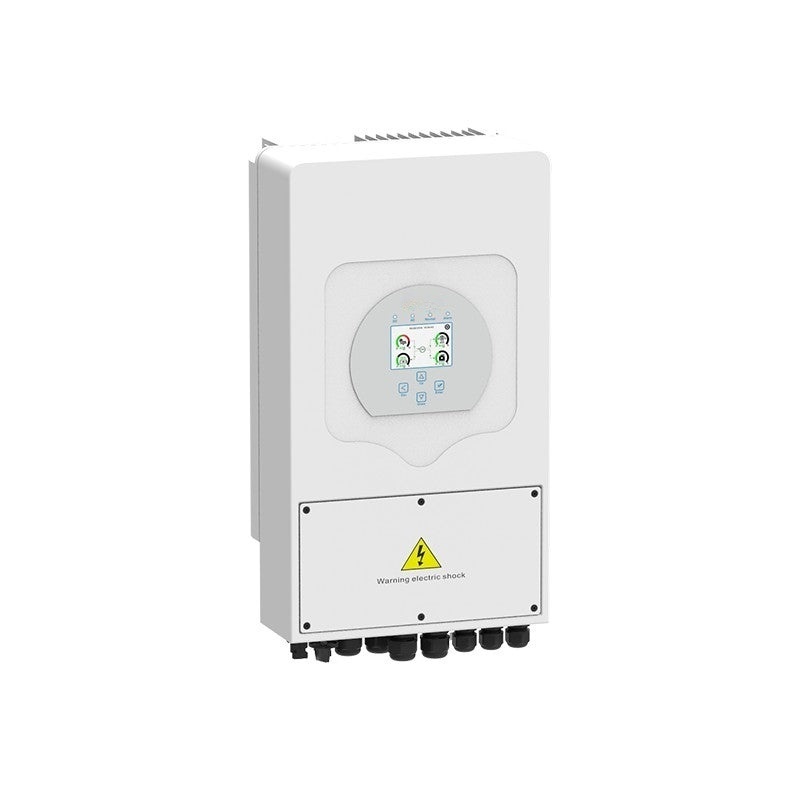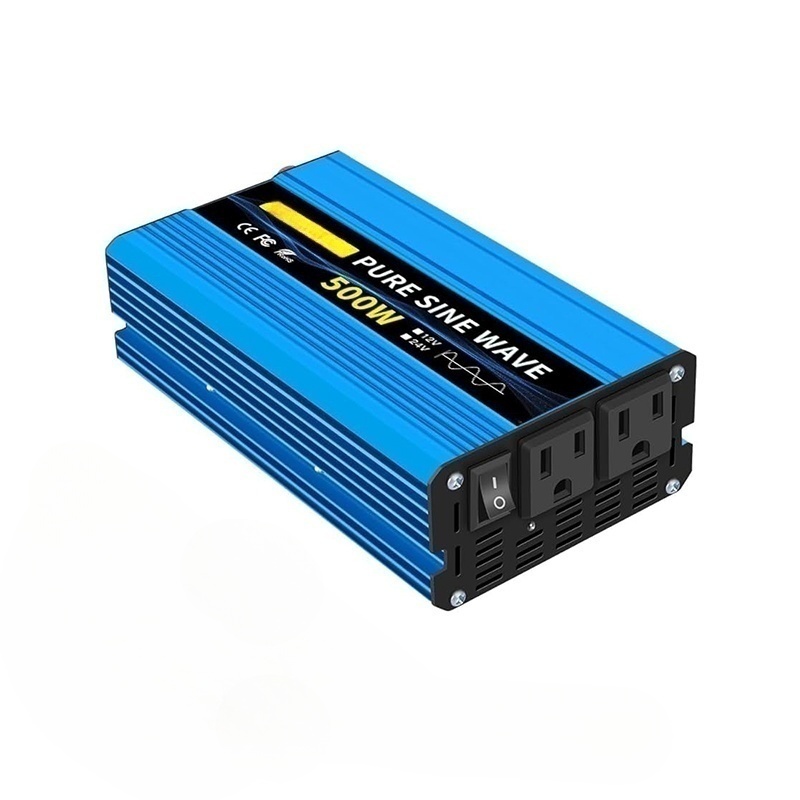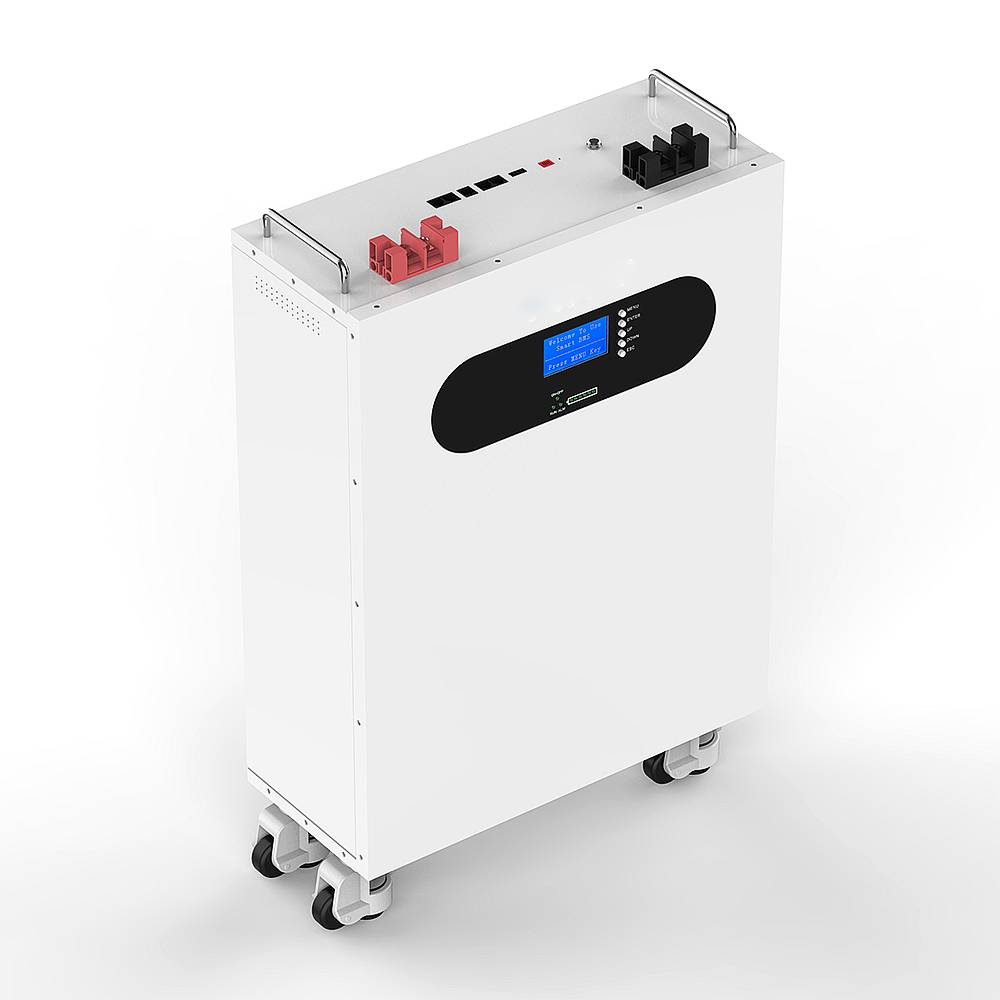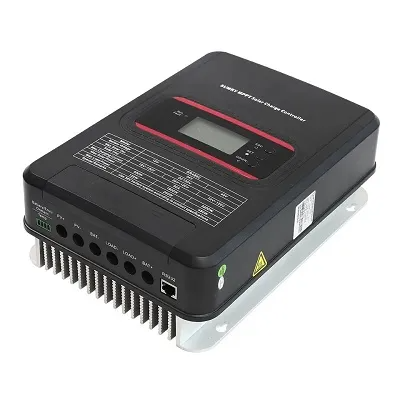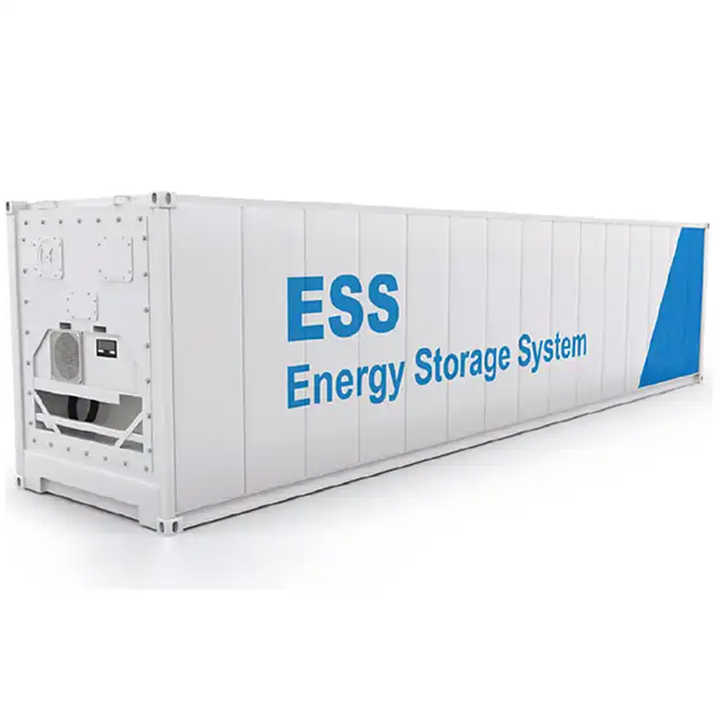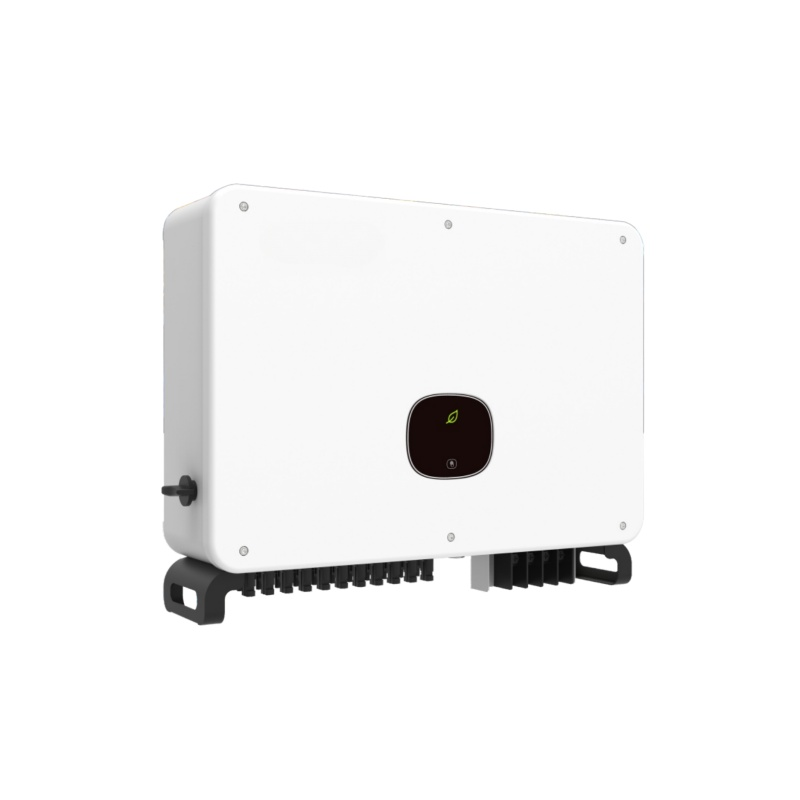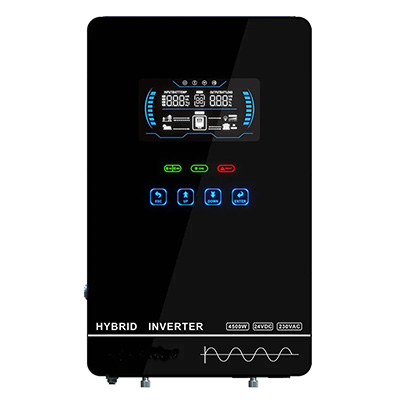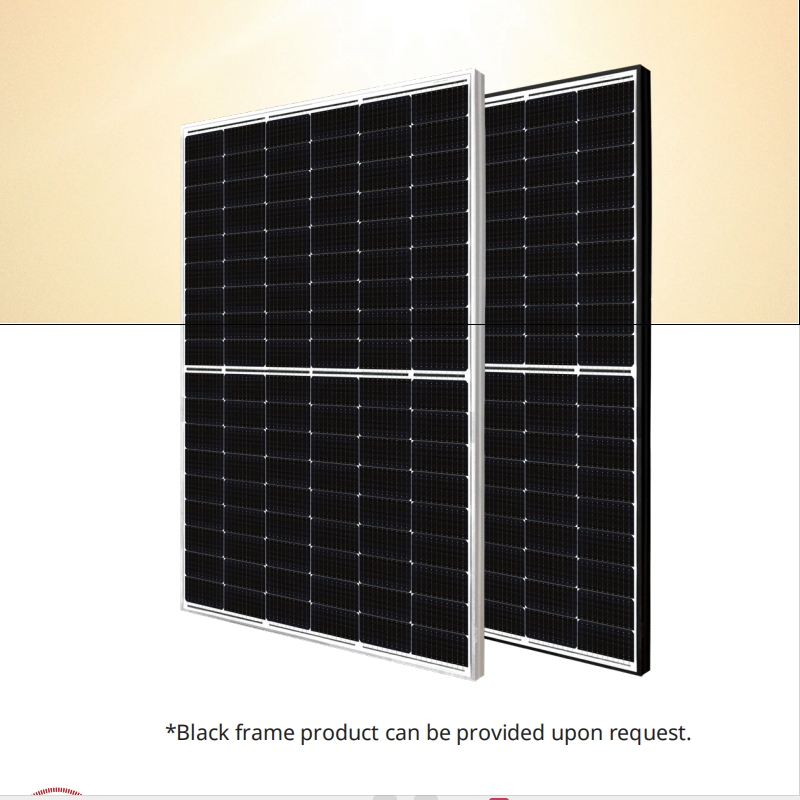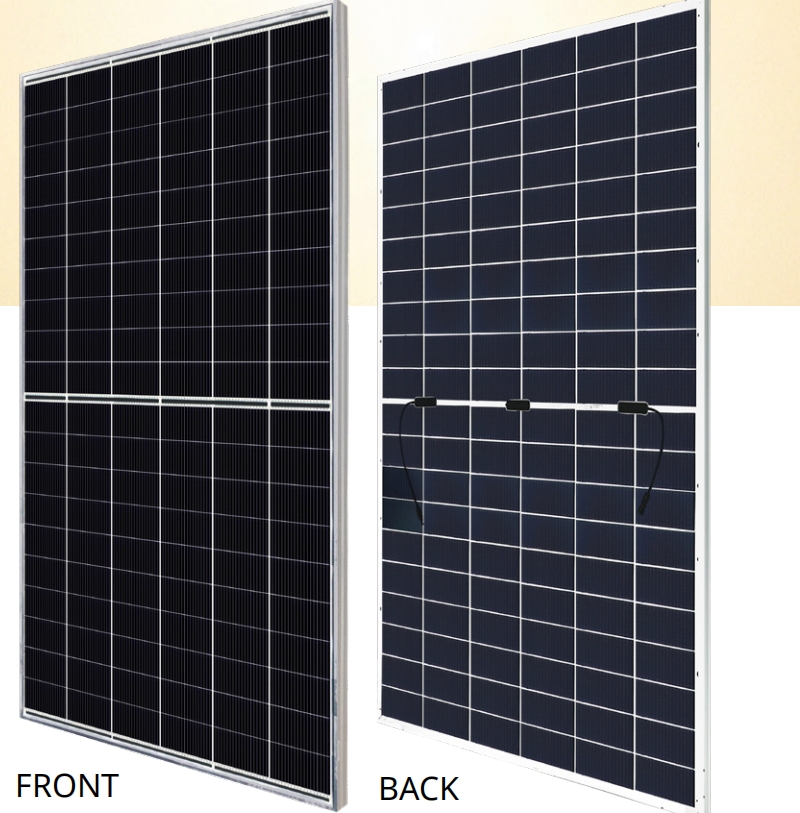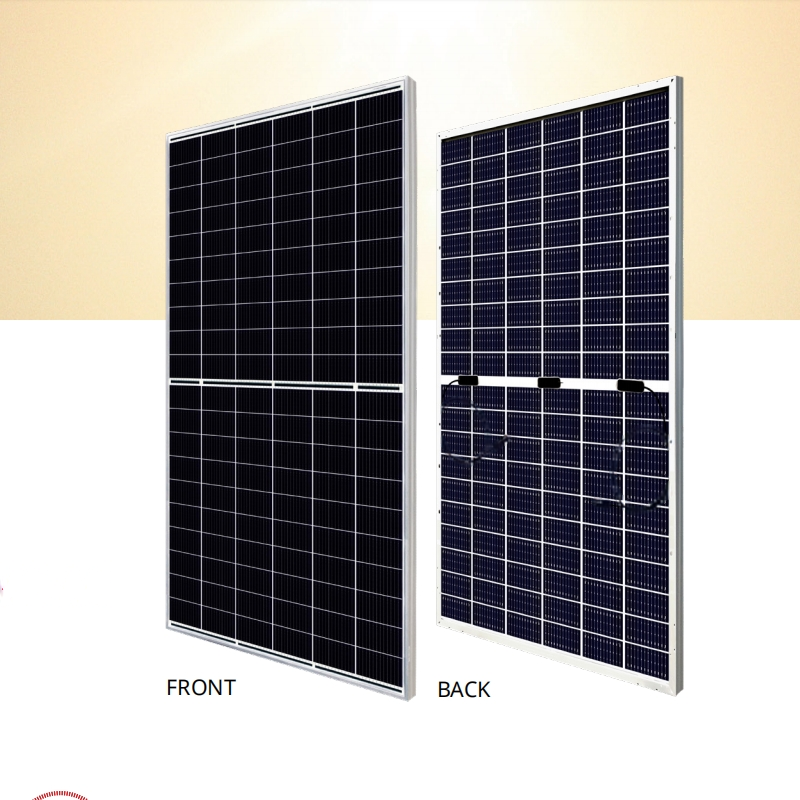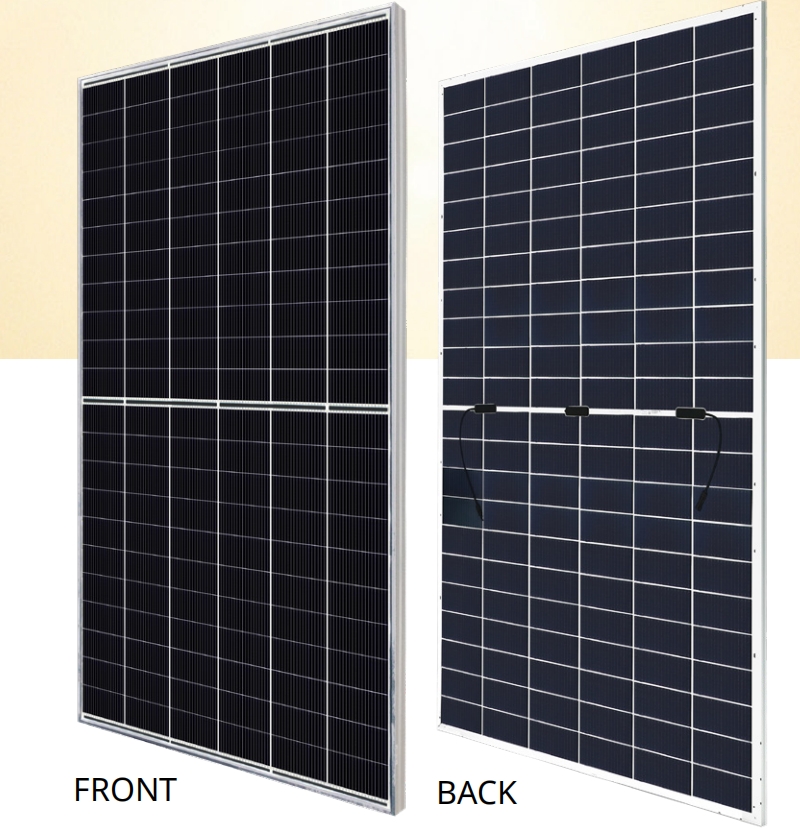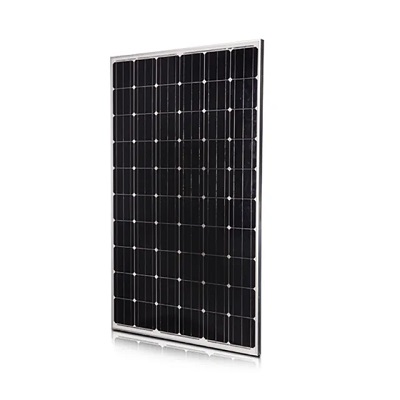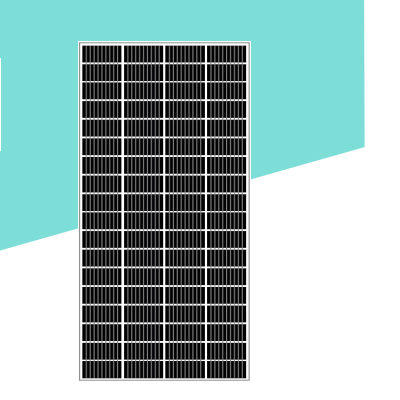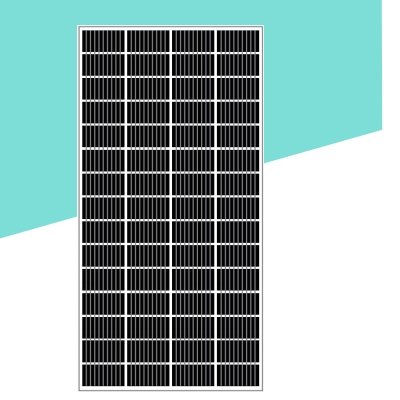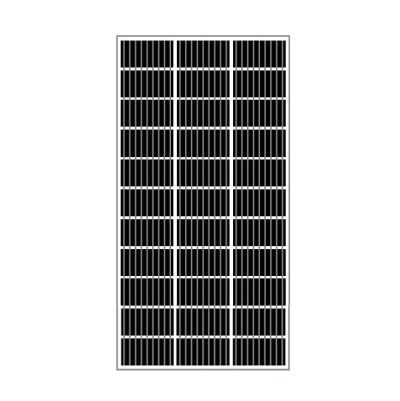Cheapest vs. Most Reliable Solar Inverter Manufacturers: A Buyer’s Guide
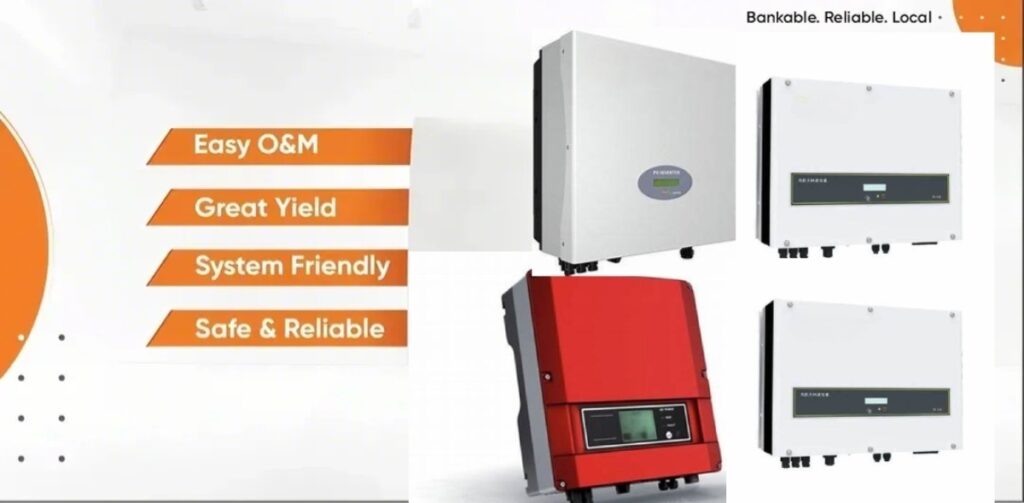
As solar energy becomes an increasingly popular choice for homeowners and businesses looking to reduce energy costs and environmental impact, selecting the right components for a solar power system is more important than ever. At the heart of any solar setup is the solar inverter—a device that transforms the direct current (DC) electricity generated by solar panels into alternating current (AC) electricity used by most appliances. With a plethora of solar inverter manufacturers on the market, buyers face a critical decision: should they opt for the cheapest options to save money upfront, or invest in the most reliable brands for long-term performance? This in-depth, buyer’s guide compares the cheapest and most reliable solar inverter manufacturers, offering detailed insights and an expanded guide to help you make an informed choice.
Part 1. Iwis Solar Manufacturers in China
Custom Solar Products For Your Industries
Part 2.What is a Solar Inverter?
A solar inverter is the unsung hero of a solar power system. Solar panels capture sunlight and convert it into DC electricity, but since most homes and businesses operate on AC electricity, the inverter steps in to bridge that gap. Beyond this basic function, modern inverters often include advanced features like Maximum Power Point Tracking (MPPT), which optimizes energy output by adjusting to fluctuating sunlight conditions, ensuring you get the most from your panels.
Types of Solar Inverters
Understanding the types of inverters available can help you determine which manufacturers align with your needs:
- String Inverters: The most common and budget-friendly option, string inverters connect to a series of solar panels (a “string”) and convert their combined DC output into AC. They’re efficient for straightforward installations but can underperform if shading affects one panel, as it impacts the entire string.
- Microinverters: Installed on each solar panel, microinverters convert DC to AC at the panel level. This design excels in systems with shading or complex roof layouts, as each panel operates independently, but it comes at a higher cost.
- Power Optimizers: A hybrid approach, power optimizers are attached to each panel to maximize its output before sending DC electricity to a central string inverter for conversion. They offer a middle ground between cost and performance.
The type of inverter you choose influences both cost and reliability, and different manufacturers specialize in different technologies. Let’s explore the key factors to consider before diving into specific brands.
Part 3. Factors to Consider When Choosing a Solar Inverter
Selecting the right solar inverter involves balancing multiple considerations. Here’s what to keep in mind:
- Efficiency: Measured as a percentage, efficiency indicates how much DC power is successfully converted to AC. Higher efficiency (e.g., 97% or above) means less energy loss and more savings.
- Warranty: A longer warranty reflects a manufacturer’s confidence in durability. Warranties typically range from 5 to 25 years, with reliable brands often offering extensions.
- Features: Look for extras like real-time monitoring via apps, smart home integration, or compatibility with battery storage systems for future-proofing your setup.
- Compatibility: The inverter must match your solar panels’ specifications and comply with local grid standards.
- Cost: Beyond the sticker price, consider long-term costs like maintenance, repairs, or replacements.
- Reliability: A brand’s reputation, customer feedback, and industry ratings can signal how dependable an inverter will be over time.
- Support and Service: Access to local technical support and responsive customer service can be a lifesaver if issues arise.
With these factors in mind, let’s examine the manufacturers that stand out in the categories of affordability and reliability.
What Other Solar or Power Products You Want
Custom Solar Products For Your Industries
We provide custom solutions to all our customers and offer free consulting or samples that you can take advantage of.
Part 4. Cheapest Solar Inverter Manufacturers
For those prioritizing upfront savings, several manufacturers offer affordable inverters that still deliver decent performance. While these options may lack the advanced features or longevity of premium brands, they’re ideal for budget-conscious buyers or simpler solar setups.
Growatt
- Overview: Founded in 2011, Growatt is a Chinese manufacturer that has risen to prominence as a global leader in residential solar inverters. Known for competitive pricing, they cater to cost-sensitive markets without skimping entirely on quality.
- Products: The Growatt MIN series is a standout, offering compact, efficient string inverters suitable for residential systems, especially larger single-phase ground mounts.
- Pros:
- Affordable pricing makes solar accessible to more homeowners.
- Features like integrated DC isolators simplify installation.
- Strong global presence with growing brand recognition.
- Cons:
- Standard warranties are shorter (typically 5-10 years) compared to premium brands.
- Limited advanced features like robust monitoring or smart capabilities.
Growatt is an excellent choice for those seeking value for money, particularly in unshaded, straightforward installations.
Solax Power
- Overview: Another Chinese contender, Solax Power specializes in cost-effective inverters for residential and commercial use. They’ve carved out a niche by offering prices significantly lower than European competitors.
- Products: The X1 series is a popular pick, delivering basic functionality at a budget-friendly price point.
- Pros:
- Inverters priced at nearly half the cost of European rivals.
- Reliable performance for basic solar systems.
- Expanding global support network.
- Cons:
- Lacks advanced features like comprehensive monitoring or battery integration.
- May not match the durability of premium brands.
Solax is perfect for buyers who want to minimize initial costs while still getting a functional inverter.
Delta
- Overview: Delta, a global electronics powerhouse, brings its expertise in power management to the solar inverter market. They’re recognized as a high-quality option among entry-level brands.
- Products: The Delta Home Series, including models like the H5A-222, features innovations like low PV startup voltage, allowing energy production to begin earlier in the day.
- Pros:
- Competitive pricing with reliable performance.
- Unique features like low startup voltage enhance efficiency.
- Backed by Delta’s extensive experience in electronics.
- Cons:
- Some models have lower MPPT input current limits, which may not suit newer, high-current panels.
- Less focus on premium features compared to top-tier brands.
Delta offers a solid balance of affordability and quality, making it a strong contender for budget installations.
Other Notable Mentions
- Sungrow: A massive Chinese manufacturer, Sungrow provides a wide range of low-cost inverters for both residential and commercial applications.
- GoodWe: Known for affordable hybrid inverters that support battery storage, GoodWe appeals to buyers planning future expansions.
These manufacturers prove that affordability doesn’t have to mean poor quality, though buyers should weigh the trade-offs in warranty and features.
Part 5.Most Reliable Solar Inverter Manufacturers
For those who value durability, performance, and peace of mind, premium manufacturers offer inverters built to last. These brands often command higher prices but deliver superior reliability and support.
SMA
- Overview: SMA Solar Technology, a German company founded in 1981, is widely regarded as the gold standard for reliability in the solar inverter industry. With decades of experience, they’ve built a reputation for quality and innovation.
- Products: The Sunny Boy series is a flagship offering, designed for residential and small commercial systems with high efficiency and durability.
- Pros:
- Proven track record with low failure rates.
- Excellent local support and service in many regions.
- Standard 10-year warranty, extendable to 25 years.
- Cons:
- Higher upfront cost than budget options.
- Monitoring systems may lag behind competitors in user-friendliness.
SMA is the go-to choice for buyers who want a time-tested, dependable inverter.
Fronius
- Overview: Based in Austria, Fronius is a premium manufacturer known for its high-quality string inverters. They gained market prominence in 2016 with their innovative snap-in design, which simplifies installation and maintenance.
- Products: The Fronius Primo (single-phase) and Symo (three-phase) series offer dual MPPT for enhanced performance in varied conditions.
- Pros:
- Exceptional reliability and build quality.
- Advanced monitoring via the Solar.web platform.
- Easy servicing thanks to the snap-in design.
- Cons:
- Premium pricing reflects the high-end features.
- Some models require additional components for full functionality.
Fronius appeals to those seeking top-tier performance and cutting-edge design.
SolarEdge
- Overview: SolarEdge, an Israeli company, revolutionized the industry with its power optimizer technology, pairing optimizers with string inverters for panel-level efficiency gains.
- Products: The HD-Wave inverter series is lightweight, efficient, and integrates seamlessly with SolarEdge power optimizers.
- Pros:
- Ideal for shaded or complex roofs with panel-level optimization.
- Detailed monitoring at the panel level.
- 12-year warranty, extendable to 25 years.
- Cons:
- Higher cost due to the need for power optimizers on each panel.
- System complexity increases with multiple components.
SolarEdge is a favorite for systems requiring maximum output in challenging conditions.
Enphase
- Overview: Enphase, a U.S.-based leader in microinverter technology, focuses on panel-level conversion and optimization. Their products are synonymous with reliability and innovation.
- Products: The IQ8 series supports higher-powered panels and includes grid-forming capabilities for backup power without a battery.
- Pros:
- Industry-leading 25-year warranty.
- Superior performance in shaded or uneven roofs.
- Robust monitoring through the Enphase Enlighten app.
- Cons:
- Higher initial cost compared to string inverters.
- Installation can be more labor-intensive.
Enphase is the top pick for buyers prioritizing microinverter reliability and advanced features.
Part 6. Comparison: Cheapest vs. Most Reliable
The choice between the cheapest and most reliable solar inverter manufacturers hinges on your priorities and system requirements. Here’s a detailed comparison:
- Cost vs. Reliability: Affordable options like Growatt and Solax save money upfront but may offer shorter warranties (5-10 years) and fewer features. Reliable brands like SMA and Fronius cost more but provide longer warranties (10-25 years) and better long-term performance.
- Performance: Premium inverters typically boast higher efficiency (97%+) and excel in challenging conditions like shading or extreme temperatures. Budget inverters may suffice in ideal scenarios but can falter when stressed.
- Total Cost of Ownership: A cheap inverter might fail or underperform sooner, leading to replacement or repair costs that offset initial savings. A reliable inverter, while pricier, often lasts longer and requires less maintenance, reducing overall expenses.
When to Choose Cheaper Inverters
- Simple Installations: Roofs with no shading and uniform panel placement can thrive with cost-effective string inverters.
- Tight Budgets: If upfront cost is the primary concern, affordable brands offer a viable entry point into solar energy.
- Lower Performance Needs: Smaller systems or those in consistently sunny climates may not demand top-tier efficiency.
When to Choose Reliable Inverters
- Complex Systems: Shaded roofs or multi-angle designs benefit from microinverters or power optimizers offered by brands like Enphase and SolarEdge.
- Long-Term Investment: Buyers planning to keep their system for 25+ years should prioritize durability and extended warranties.
- High Performance Needs: Larger systems or those in variable climates require the efficiency and resilience of premium inverters.
Sometimes, the cost difference isn’t drastic, and paying slightly more for reliability can yield significant benefits. Alternatively, brands like Growatt or Delta may offer a middle ground, blending affordability with decent quality.
Part 7. Buyer’s Guide: How to Choose the Right Solar Inverter
Choosing the perfect solar inverter requires a structured approach. This expanded buyer’s guide provides a step-by-step process and additional tips to ensure you select the best option for your needs.
Step-by-Step Guide
- Determine Your Budget
- Assess how much you’re willing to spend upfront. Factor in potential savings from energy production and the cost of future repairs or replacements. A $500 inverter might save money now, but a $1,500 model with a 25-year lifespan could be more economical over time.
- Assess Your System Needs
- System Size: Larger arrays may benefit from string inverters, while smaller or shaded setups might need microinverters or optimizers.
- Shading and Roof Design: If trees or structures cast shadows, prioritize panel-level solutions from Enphase or SolarEdge.
- Future Plans: Planning to add batteries? Choose a hybrid inverter or a brand with strong battery compatibility (e.g., SMA or GoodWe).
- Research Manufacturers
- Investigate each company’s history and financial stability—will they be around to honor a 25-year warranty? Check customer reviews and industry ratings from sources like EnergySage or Clean Energy Reviews.
- Look for local presence to ensure support availability.
- Compare Features
- Efficiency: Aim for 96% or higher to maximize energy output.
- Monitoring: Apps or online platforms (e.g., Fronius Solar.web, Enphase Enlighten) let you track performance in real time.
- Compatibility: Confirm the inverter matches your panels’ voltage and current, and meets grid codes.
- Read Reviews
- Seek out user experiences on forums, retailer sites, or solar blogs. Industry reports often highlight failure rates or satisfaction scores, giving you a clearer picture of reliability.
- Consult with Installers
- Professional installers can assess your site and recommend options based on local conditions. Get multiple quotes to compare pricing and brand suggestions.
Additional Tips
- Check Warranty Details: Not all warranties are equal—some cover parts only, while others include labor or shipping. Extended warranties (e.g., SMA’s 25-year option) often require an additional fee, so weigh the cost-benefit.
- Evaluate Manufacturer Stability: A company struggling financially might not honor long-term warranties. Research their market position—strong performers like SMA and Sungrow are safer bets.
- Prioritize Support: Local service centers or responsive customer support can resolve issues quickly. SMA, for instance, is praised for its excellent support network.
- Consider Total Cost of Ownership: A cheap inverter replaced after 8 years might cost more than a reliable one lasting 25 years. Factor in maintenance, efficiency losses, and downtime.
- Match Local Conditions: Hot climates demand inverters with high temperature tolerance (e.g., Fronius), while variable weather might favor adaptable models like SolarEdge.
By following this guide, you’ll align your choice with both your budget and performance goals.
Part 8. Conclusion
Choosing between the cheapest and most reliable solar inverter manufacturers is a balancing act between cost and quality. Budget-friendly options like Growatt, Solax, and Delta make solar energy accessible, offering solid performance for simpler systems. Meanwhile, reliable giants like SMA, Fronius, SolarEdge, and Enphase provide unmatched durability, efficiency, and support, ideal for long-term investments or complex installations.
Ultimately, the right inverter depends on your specific needs—whether it’s minimizing upfront costs or maximizing system longevity. By understanding your priorities, researching manufacturers, and consulting professionals, you can select an inverter that powers your solar journey effectively. Investing in the right solar inverter isn’t just about today’s savings—it’s about ensuring sustainable energy for decades to come.
Custom Solar Products For Your Industries
We provide custom solutions to all our customers and offer free consulting or samples that you can take advantage of.
